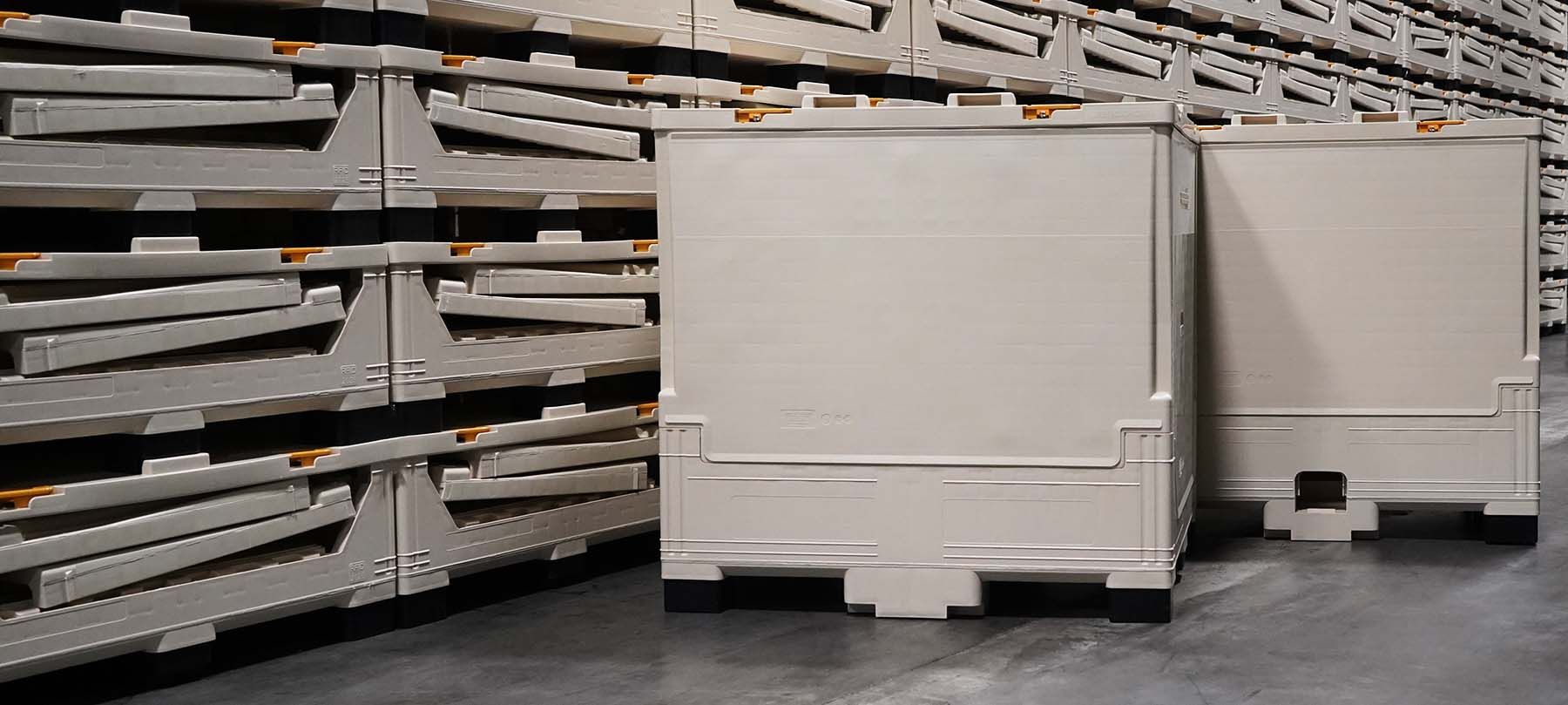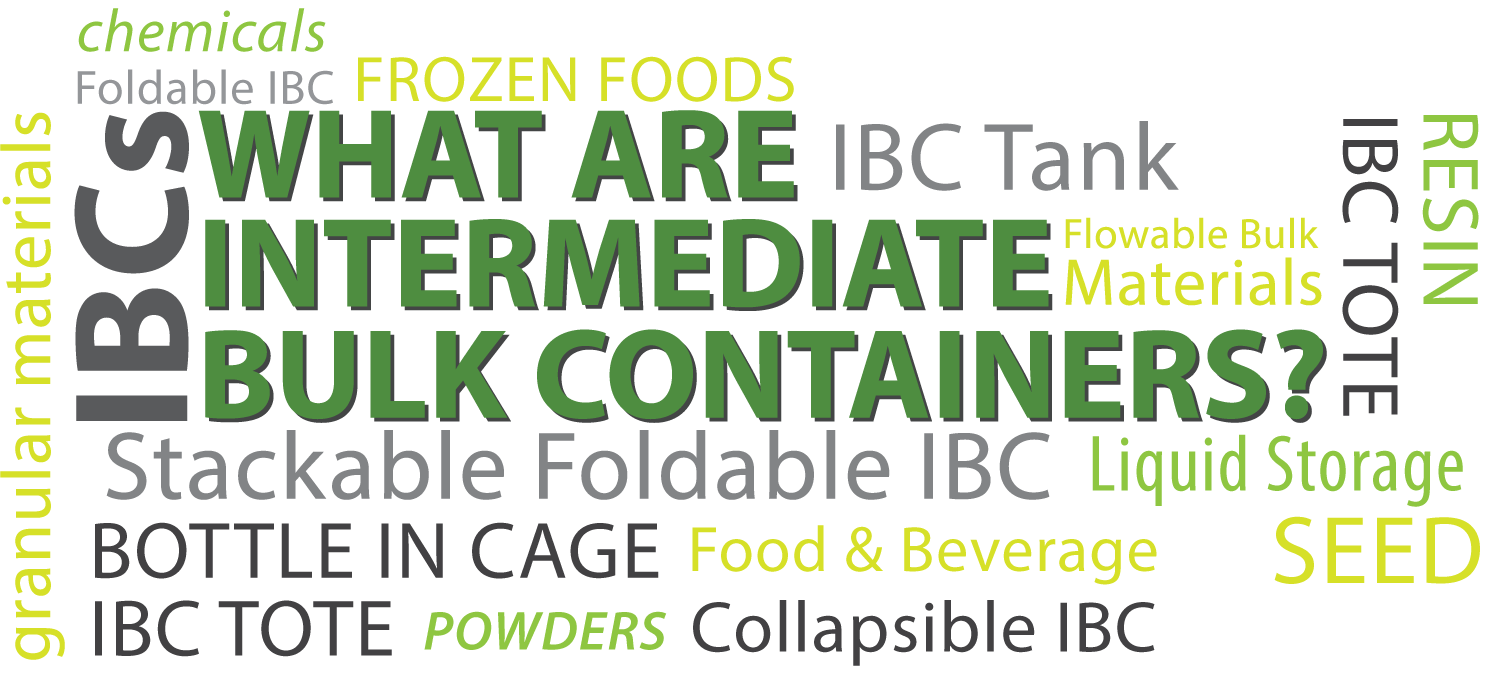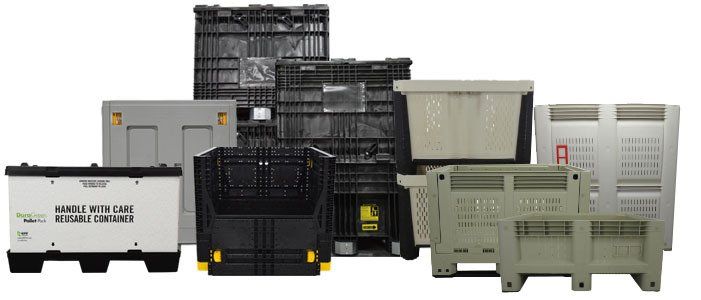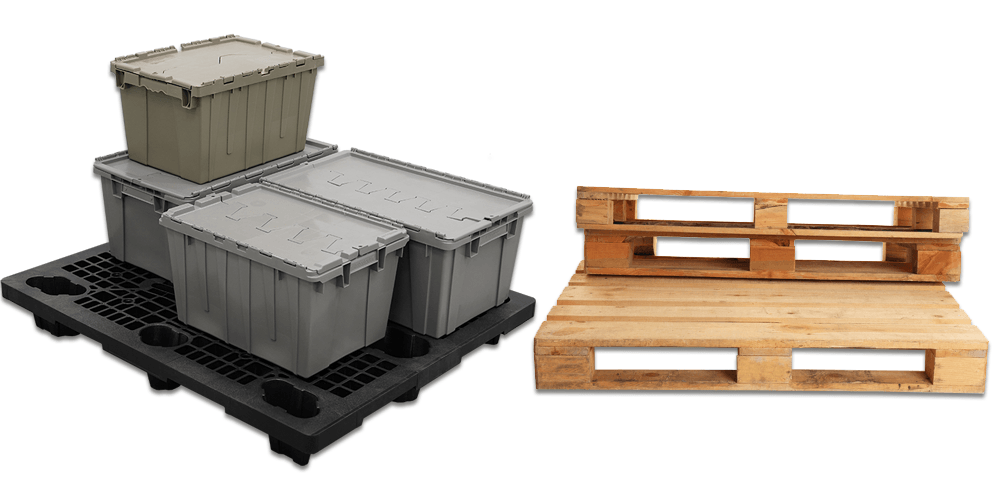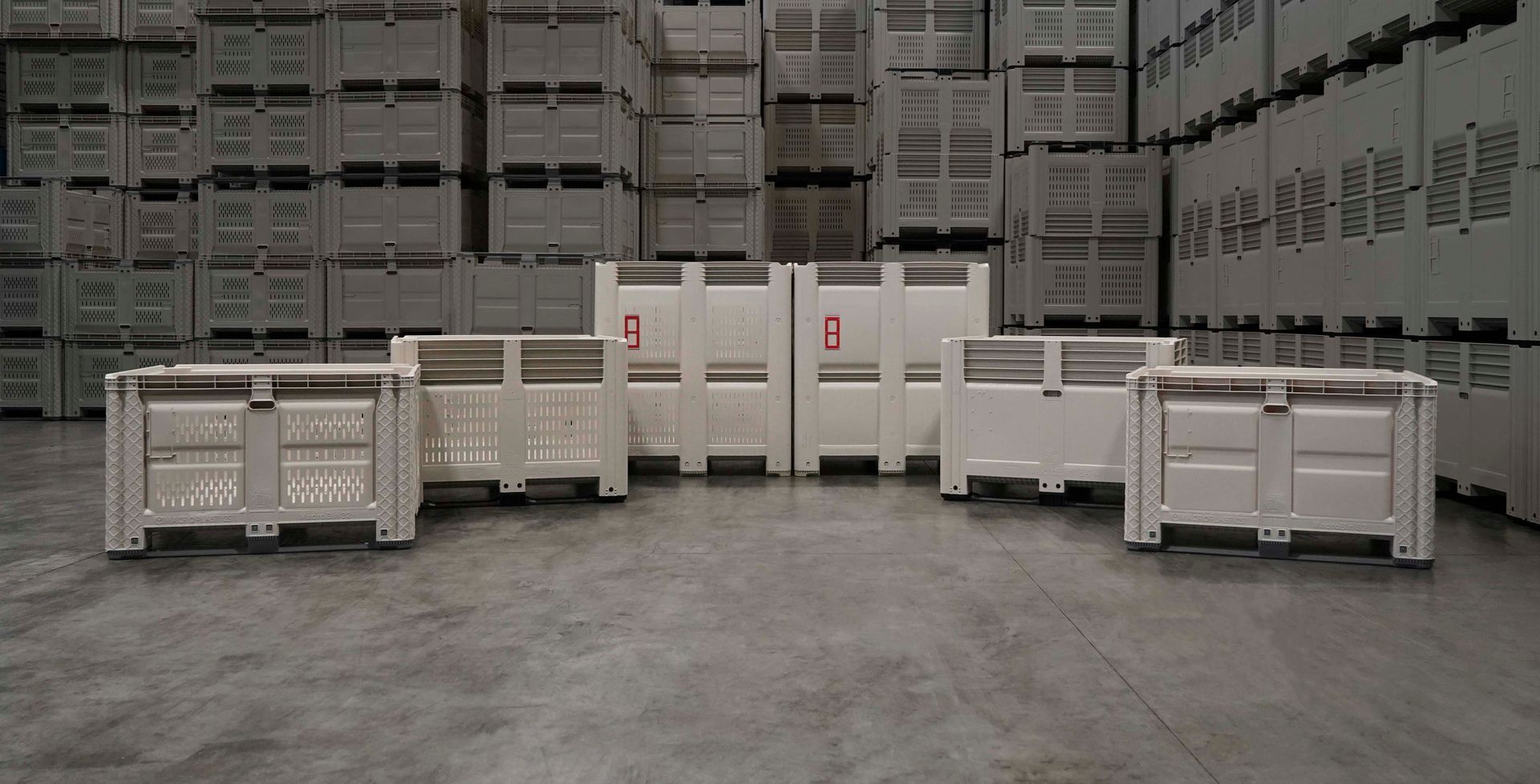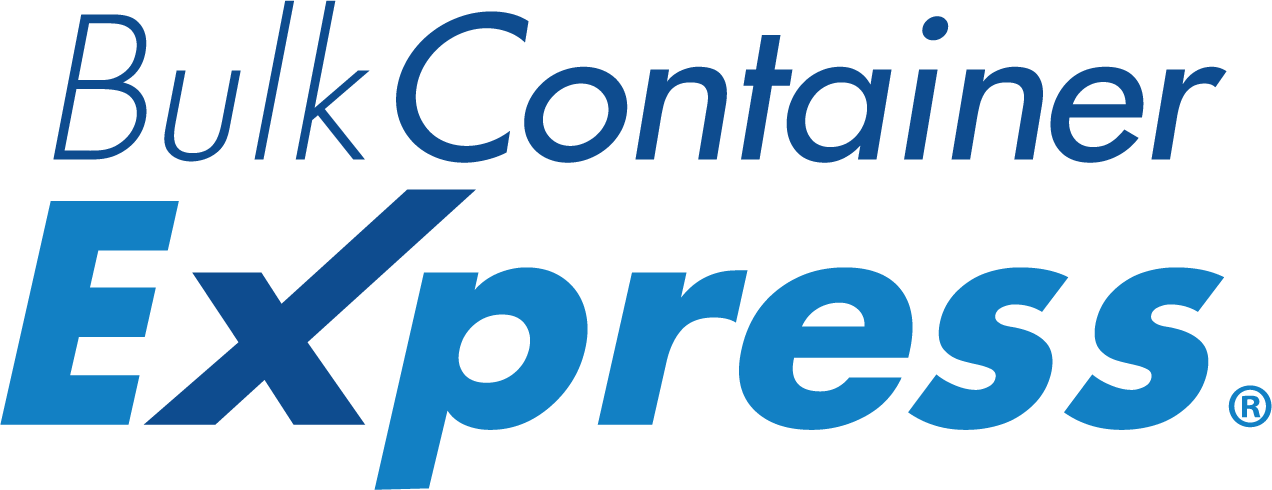Plastic Bulk Containers: Embracing Sustainability in the Supply Chain
Plastic Bulk Containers: Embracing Sustainability in the Supply Chain
Plastic bulk containers have become essential to modern supply chains across various industries. They offer a cost-effective and efficient solution for transporting and storing goods. However, concerns have been raised about the environmental impact of plastic packaging. In this blog post, we will explore how plastic bulk containers can embrace sustainability and contribute to a greener future.
Understanding Plastic Bulk Containers:
Plastic bulk containers are large, heavy-duty containers made from durable plastics such as high-density polyethylene (HDPE) or polypropylene (PP). They are designed to withstand multiple trips and provide superior protection to the goods they carry. These containers come in various sizes and shapes, catering to different industries' specific needs.
Reducing Material Waste:
One of the primary sustainability benefits of plastic bulk containers is their long lifespan. Unlike single-use packaging, such as cardboard boxes or wooden crates, which are discarded after a single trip, plastic bulk containers can be reused numerous times. This reduces material waste and saves costs associated with constantly replenishing packaging materials.
Recycling and Circular Economy:
Plastic bulk containers can be recycled at the end of their useful life, contributing to a circular economy. The plastics used in these containers have a high recycling value, meaning they can be processed and turned into new products. By implementing recycling programs and promoting the use of recycled plastics, businesses can ensure the sustainability of their supply chains while reducing their carbon footprint.
Lightweight and Fuel Efficiency:
Compared to traditional packaging methods, such as wooden pallets or metal crates, plastic bulk containers are lightweight, reducing transportation fuel consumption. The lighter weight allows for higher load capacities, optimizing logistics and reducing the number of trips required for transporting goods. This results in lower greenhouse gas emissions and overall energy savings.
Reusable vs. Disposable Packaging:
Plastic bulk containers provide an alternative to disposable packaging options like cardboard boxes or shrink wrap. By utilizing durable and reusable containers, companies can significantly reduce packaging waste generation. Furthermore, reusable containers can be easily cleaned and maintained, ensuring product quality and integrity preservation, thus minimizing the risk of product damage and waste during transportation.
Collaboration and Industry Initiatives:
To further enhance the sustainability of plastic bulk containers, collaboration between stakeholders is crucial. By working together, manufacturers, suppliers, and end-users can develop innovative solutions to reduce the environmental impact of these containers. Industry initiatives can include promoting standardized container sizes, implementing closed-loop recycling programs, and engaging in research and development efforts to explore more sustainable materials.
Conclusion:
Plastic bulk containers play a vital role in modern supply chains, offering efficiency and cost-effectiveness. However, addressing the environmental concerns associated with plastic packaging is crucial. By embracing sustainability measures such as reuse, recycling, and lightweight design, plastic bulk containers can contribute to a greener future. Collaboration within the industry is necessary to drive innovation and create a more sustainable and environmentally conscious supply chain. Together, we can ensure that plastic bulk containers align with the principles of sustainability while meeting the demands of a rapidly evolving global market.
Do you have questions?
Do you have questions about Plastic Bulk Containers? Call 1-800-945-8304 or Chat Live with one of our knowledgeable account managers Monday-Friday, 8 am-5 pm EST. You can also send us an email by visiting our contact page.
